प्रोजेक्ट राइनो: वो असली हीरो जो भारत के एक-सींग वाले गैंडे को बचा रहे हैं
प्रोजेक्ट राइनो की असली कहानी – गाँव वाले, फॉरेस्ट गार्ड और आम लोग मिलकर किस तरह भारत के एक-सींग वाले गैंडे को शिकारियों से बचा रहे हैं।
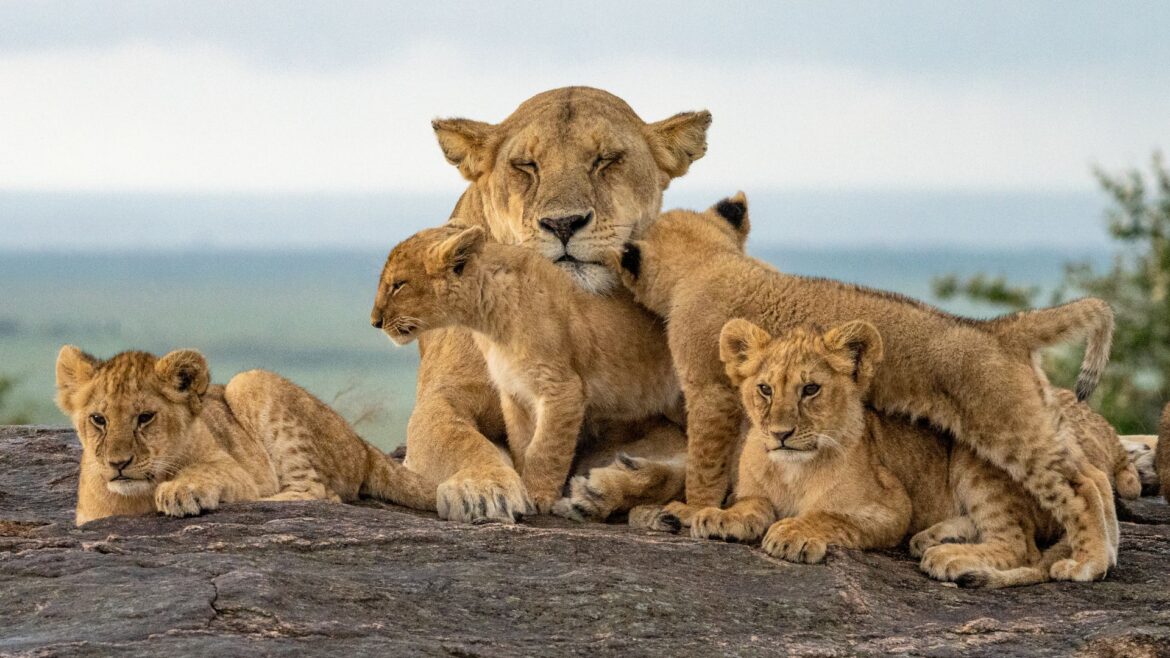
International Big Cat Alliance is to Protect and Conserve the Seven big cats, which include Tiger, Lion, Leopard, Snow Leopard, Puma, Jaguar and the Cheetah. Out of these seven, five big cats viz. Tiger, Lion, Leopard, Snow Leopard and Cheetah are found in India.
The International Big Cat Alliance (IBCA) is a global initiative aimed at protecting and conserving big cat species. It was launched by India in 2023, as a part of it’s on going commitment to wildlife conservation and specifically to the protection of big cat species.
The International Big Cat Alliance has been conceived as a multi-country, multi-agency coalition of 96 big cat range countries, non-range countries interested in big cat conservation, conservation partners and scientific organizations working in the field of big cat conservation besides business groups and corporates willing to contribute to the cause of big cats.
The alliance focuses on collaborative efforts to address the challenges and safeguard the habitats and populations of big cats worldwide. By fostering collaboration, raising awareness, and mobilizing resources, the IBCA aims to make a significant impact on the conservation of these iconic species, ensuring their survival for future generations.
India has committed a one-time support of Rs.150 crore for a period of five years from 2023-24 to 2027-28.
Also read: What are Big Cats and Why are they being Poached?
The primary goal of the IBCA is to ensure the survival and thriving of big cat species including all seven – Tiger, Lion, Leopard, Snow Leopard, Puma, Jaguar and the Cheetah across the world. Healthy populations of big cats indicate robust ecosystems. When top predators thrive, it suggests that the lower levels of the food chain are also healthy, supporting a wide range of biodiversity.
The goal is protecting and restoring the natural habitats of big cats to provide them with safe and sustainable living environments. By safeguarding their habitats, we preserve the entire ecosystem that depends on them, which includes various plant and animal species. This conservation effort helps maintain biodiversity, promotes healthy ecosystems, and supports natural processes such as nutrient cycling and carbon sequestration.
Strengthening measures to combat poaching and illegal trade of big cats and their body parts is very important. Utilising advanced technologies such as drones, camera traps, GPS tracking, and real-time monitoring systems can significantly enhance the apigacor ability to detect and prevent poaching activities.
With the IBCA initiative, is is important to promoting scientific research and monitoring to gather data on big cat populations, health, and habitats. Protected and ecologically thriving habitats provide critical areas for scientific research and ecotourism, which can generate funding for further conservation efforts and support local communities.
Since wildlife trafficking is a transnational issue, international big cat alliance will bring in collaboration at global level. Sharing intelligence, harmonizing legal frameworks, and conducting joint operations can disrupt poaching networks and curb illegal wildlife trade. Engaging local communities in conservation efforts by promoting coexistence with and around wildlife, providing economic benefits through eco-tourism and other initiatives. Community members can act as informants and stewards of conservation initiatives.
International big cat alliance will help in advocating for stronger policies and legislation at national and international levels to protect big cats and their habitats. It will help in strengthening legal frameworks and ensuring strict enforcement of wildlife protection laws. This includes training and equipping wildlife rangers, improving judicial processes, and imposing harsher penalties for poaching offences.
As of today, the International Big Cat Alliance (IBCA) includes 16 member countries and 9 international organisations.
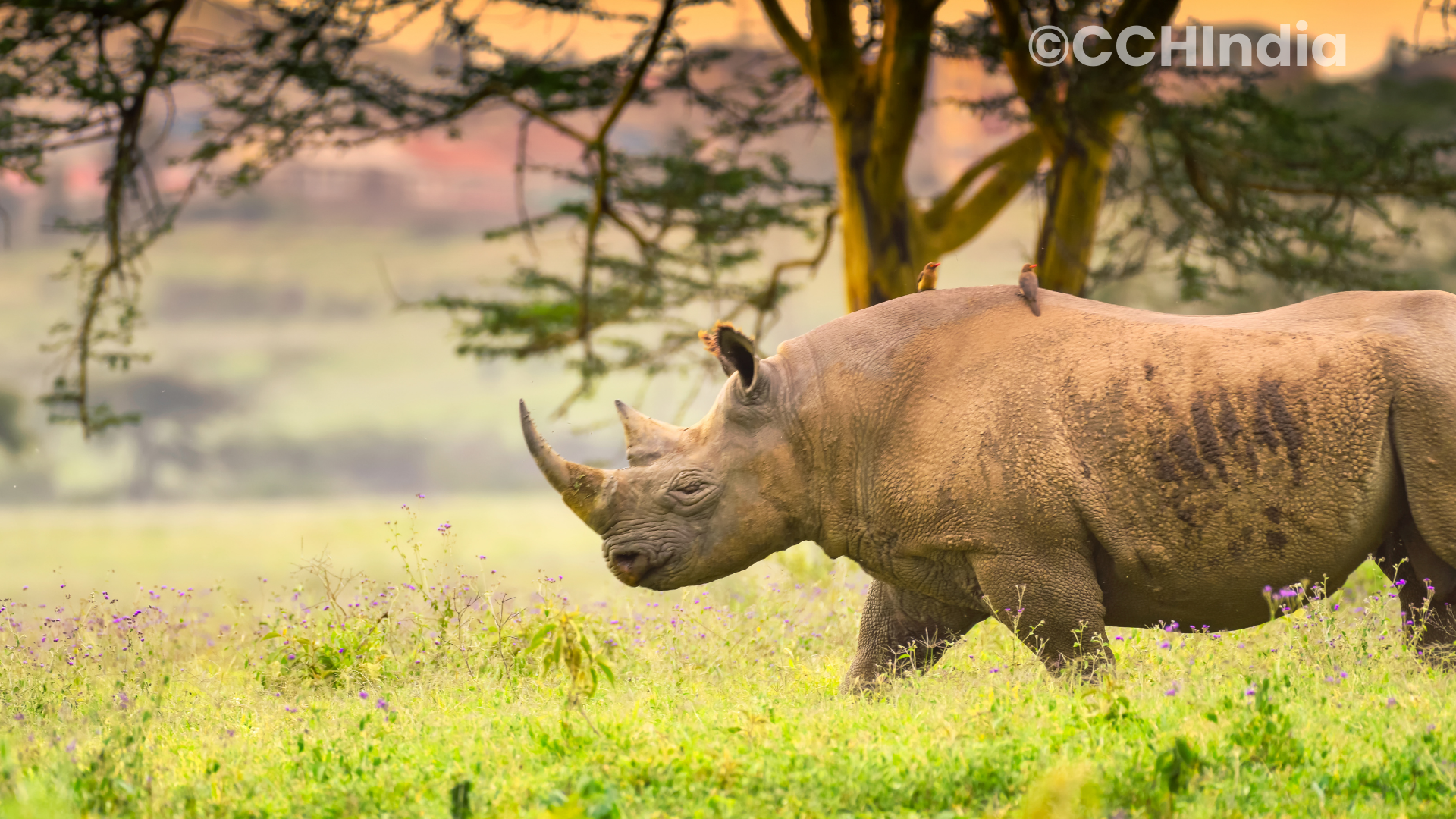
प्रोजेक्ट राइनो की असली कहानी – गाँव वाले, फॉरेस्ट गार्ड और आम लोग मिलकर किस तरह भारत के एक-सींग वाले गैंडे को शिकारियों से बचा रहे हैं।
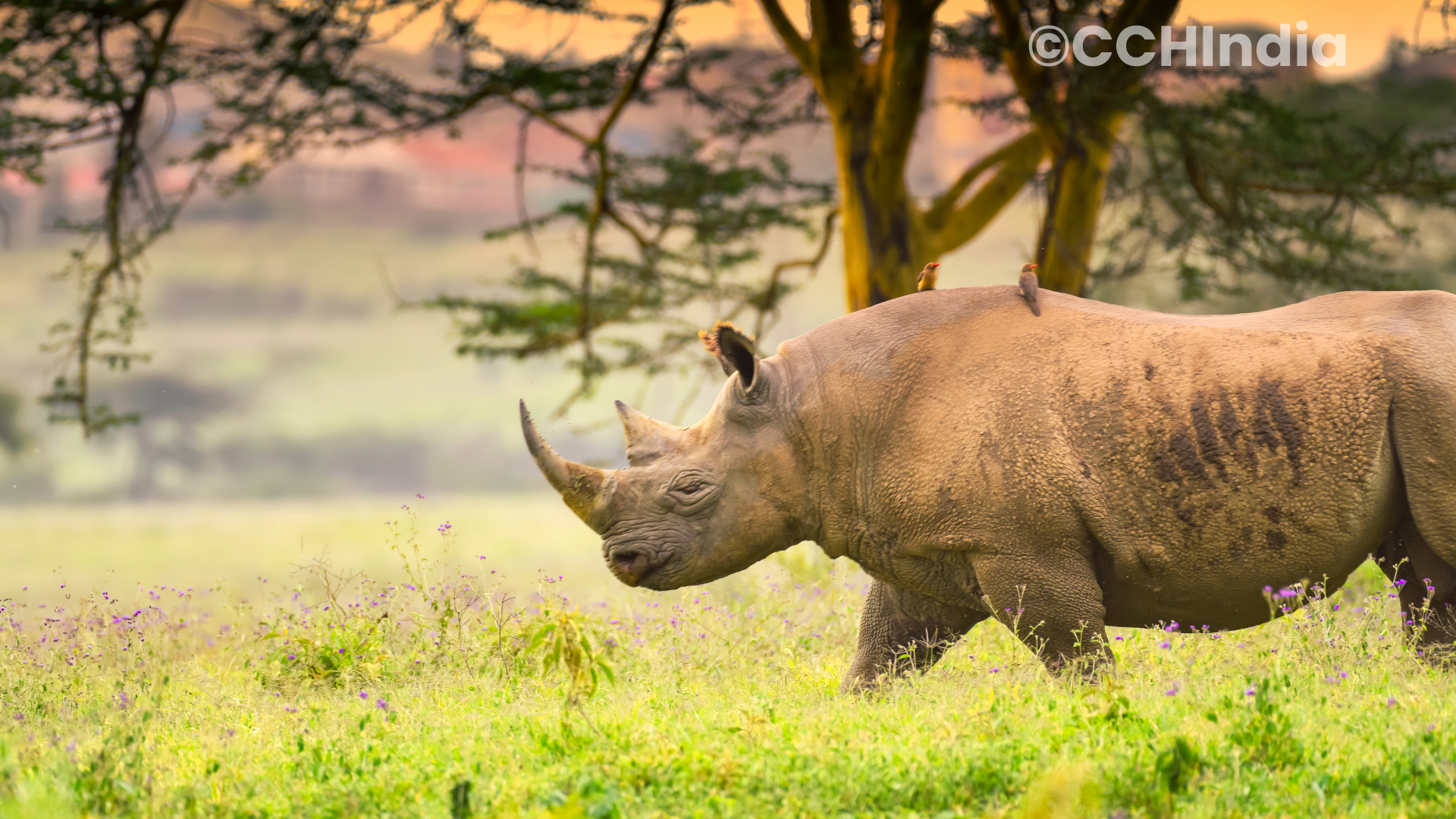
A heartfelt take on Project Rhino and the everyday heroes—locals, rangers, and communities—protecting India’s iconic one-horned rhino from poaching and survival threats.
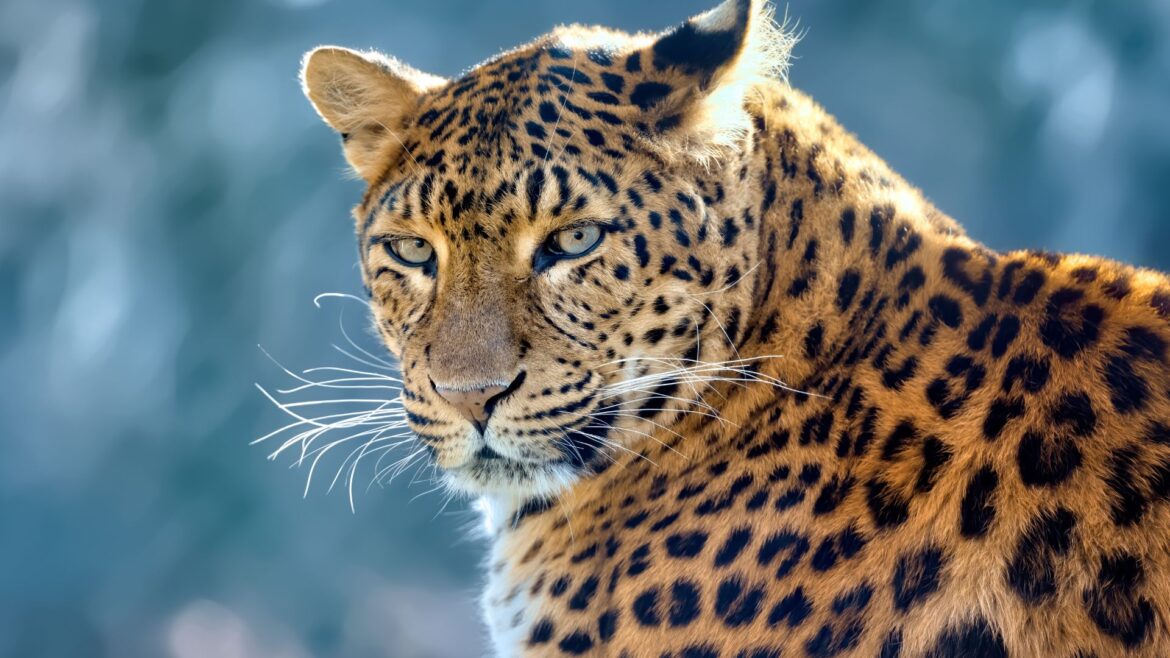
Urbanisation, agriculture, and deforestation are major threats to big cats and their habitats.
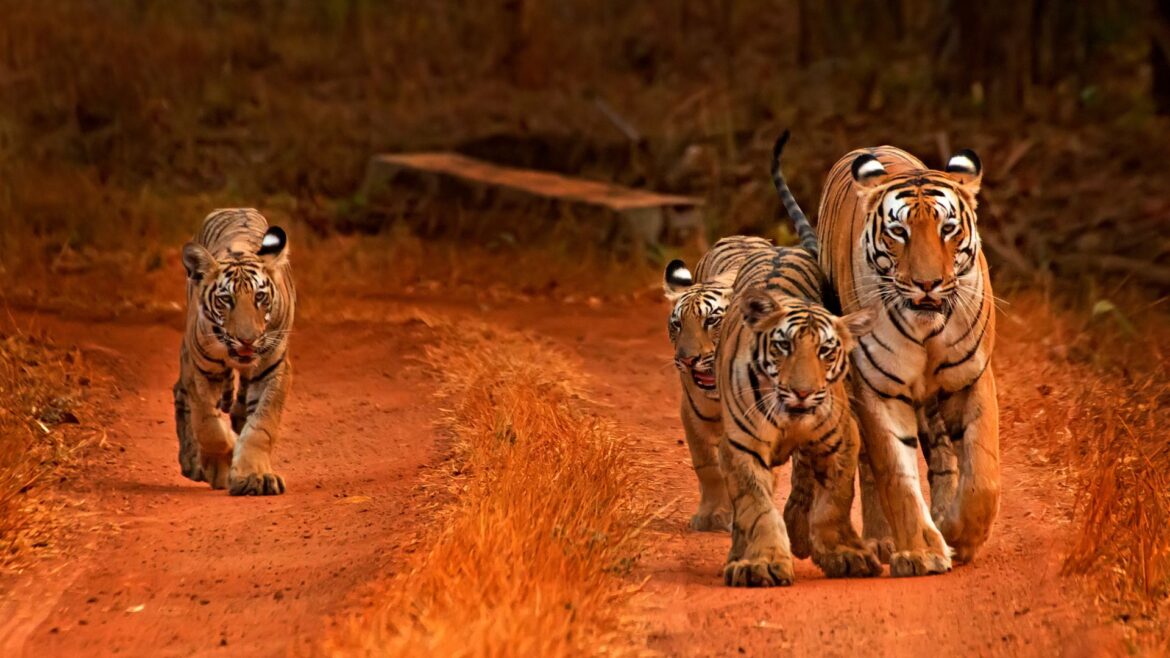
शेर, बाघ, तेंदुए, जगुआर, चीता, हिम तेंदुए और प्यूमा (पहाड़ी शेर / पैंथर) - बड़े जंगली जानवर जो अपने आकार, ताकत और शिकारी कौशल के लिए जाने जाते हैं

